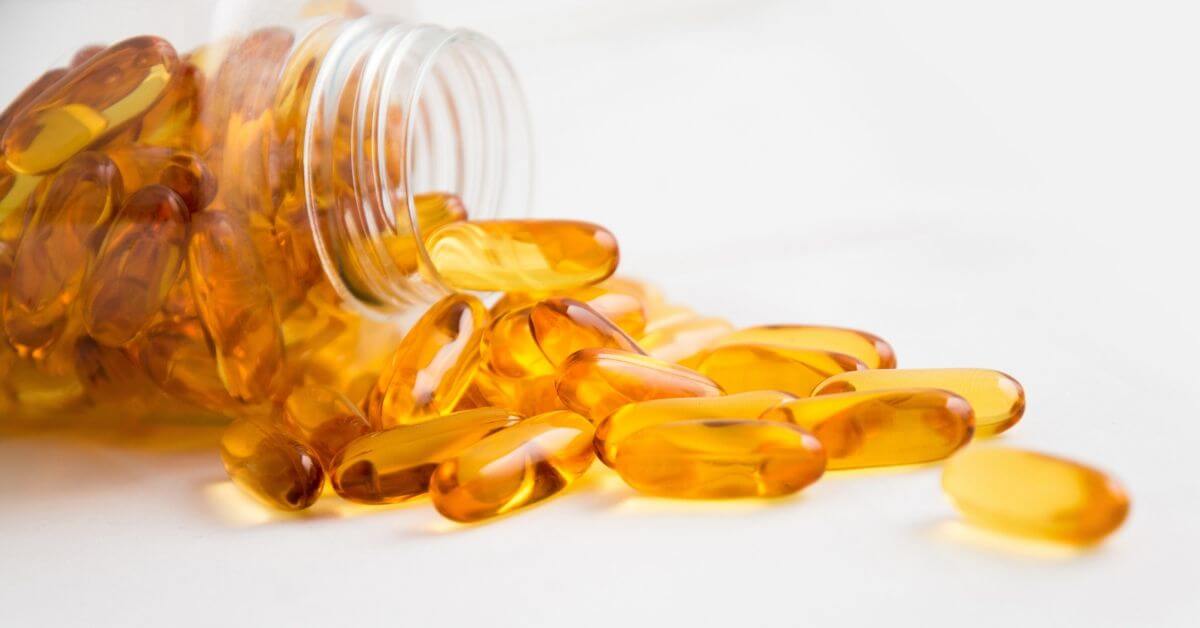
Do you know about CBD?
If you’re like most of us, you know that CBD is everywhere. But, do you know what it is? This so-called golden elixir can be found in oils, capsules and even gummy-bears. Besides medical products, you can find this green-amber goo in your shampoo, dog treats and your coffee. Yes, CBD Coffee is real!
Anyway, whether you use CBD or not, the market is growing. Stats don’t lie. According to Forbes Magazine, “CBD Market Could Reach $20 Billion By 2024. In fact, BDS Analytics is predicting a compound annual growth rate of 49 percent by 2024 across all distribution channels.”
To be prepared for the growth, this blog will go over what nobody tells you about CBD…
What on Earth is CBD?
Earth produces some of the most amazing crops. One of which is the hemp plant. Hemp is what manufacturers use to produce CBD, or cannabidiol.
More specifically, cannabidiol is also known as industrial hemp. Industrial produced hemp is made up of varieties of Cannabis sativa L. that contain less than 0.03% Tetrahydrocannabinol (THC). THC is responsible for the “high” that one gets with smoking cannabis.
However with CBD, there is very low levels of THC. That said, there is no “high” when using CBD and the plant is federally legal. Now that we know the basics, what are the different types of CBD?
Complete CBD Checklist
Not all CBD products are created equal. With all the recent media, it’s not hard to get lost in the jungle of product options.
But, with this simple complete CBD checklist, you will be well informed. Here are the three main types of Cannabinoids:
Isolate – CBD isolate is cannabidiol in its purest form. To produce this extract, CBD is isolated and then refined to strip out any additional cannabinoids, terpenes, and plant components found in the hemp plant
Broad Spectrum – contains only cannabinoids and none of the THC.
Full Spectrum – called the “entourage effect” because there are many types of cannabinoids, .03% THC and other natural compounds
For the most therapeutic product, full-spectrum should be used. This means that the manufacturer is using the most potent part of the plant such as the flower. Full spectrum also contains legal amounts of THC 0.03%. By doing so, THC helps enhance the therapeutic effects of the cannabidiol.
Much More Then Medicine
In the crazed CBD world, all we think about are the medical benefits of hemp. And yes, for good reason. However, hemp is much more than a medical supplement. Different parts of the plant are often used for other reasons.
From the stem of hemp alone, one can produce many functional products such as clothes, paper, installation for a house, etc. The hemp seed can be used for making bread, biofuel, and bioplastics. The seeds have also been used in Traditional Chinese Medicine to aid digestive problems.
Healing With Hemp
Humans have been using whole-plant medicines since the dawn of time. Luckily, today we have science to help.
By using evidence based medicine, we can find out what medical conditions CBD may treat. Here are a few of the more recent studies showing how effective this industrial plant really is.
In a study analyzing anxiety and sleep, “Anxiety scores decreased within the first month in 57 patients (79.2%) and remained decreased during the study duration. Sleep scores improved within the first month in 48 patients (66.7%).”
For supporting cancer, “Cannabidiol acts on GPR12 receptors that are involved in cancer metastasis, and alters the viscoelasticity of metastatic cells, providing a novel approach to preventing metastasis.” In another study there is evidence that, “The use of Cannabidiol as an antiemetic in cancer patients undergoing chemotherapy.”
Besides those few outlined studies, CBD has been clinically proven to help epilepsy, Parkinson’s disease, schizophrenia, depression, post-traumatic stress disorder, drug/nicotine withdrawal, and more.
Hemp Is On The Horizon
In this past year alone, there has been a 187% increase in hemp growth. In 1937, Congress passed the Marihuana Tax Act which effectively began the era of hemp prohibition. The tax and licensing regulations of the act made hemp cultivation nearly impossible for American farmers.
After many years, Congress finally passed the 2018 Farm Bill, legalizing hemp. The Farm Bill removes hemp from the Controlled Substances Act and allows farmers to pursue federal hemp cultivation permits.
With all this stated, hemp is truly on the horizon.
For more information about using CBD, please go to Dr. Hoffman’s next seminar on “The Truth About CBD”
When: August 22nd at 7pm – 8pm
Where: SOPHIA Natural Health Center
Cost: $10 per person (all proceeds will be donated to local charities).
RSVP: to our office 203-303-9830
Chris Maslowski, L.Ac.
Associate Acupuncturist, SOPHIA Natural Health Center
Resources.
Morales, P., Hernandez-Folgado, L. Goya P., & Jagerovic, N, (2016), Cannabinoid receptor 2 (CB2) agonists and antagonists; a patient update. Expert Opinion on Therapeutic Parents, 26(7), 843-856. Dpi: 10. 1080/13543776.2016.1193157
Boy hulk, D.G., Goddard, G., Mauro, G., & Orellana, MF. The effectiveness of Cannabinoids in the management of chronic non malignant neuropathic pain A systematic review Journal of oral and facial pain and headache, 29(1), 7-14, do I: 10.11607/off.1274
Rom, S, and Persidsky, Y. (2013) Cannabinoid receptor 2: potential role immunomodulation and neuro-inflammation Review. Journal of neurotic use Pharmacology. The official journal the society on neuroimmune pharmacology 8(3), 609-620.